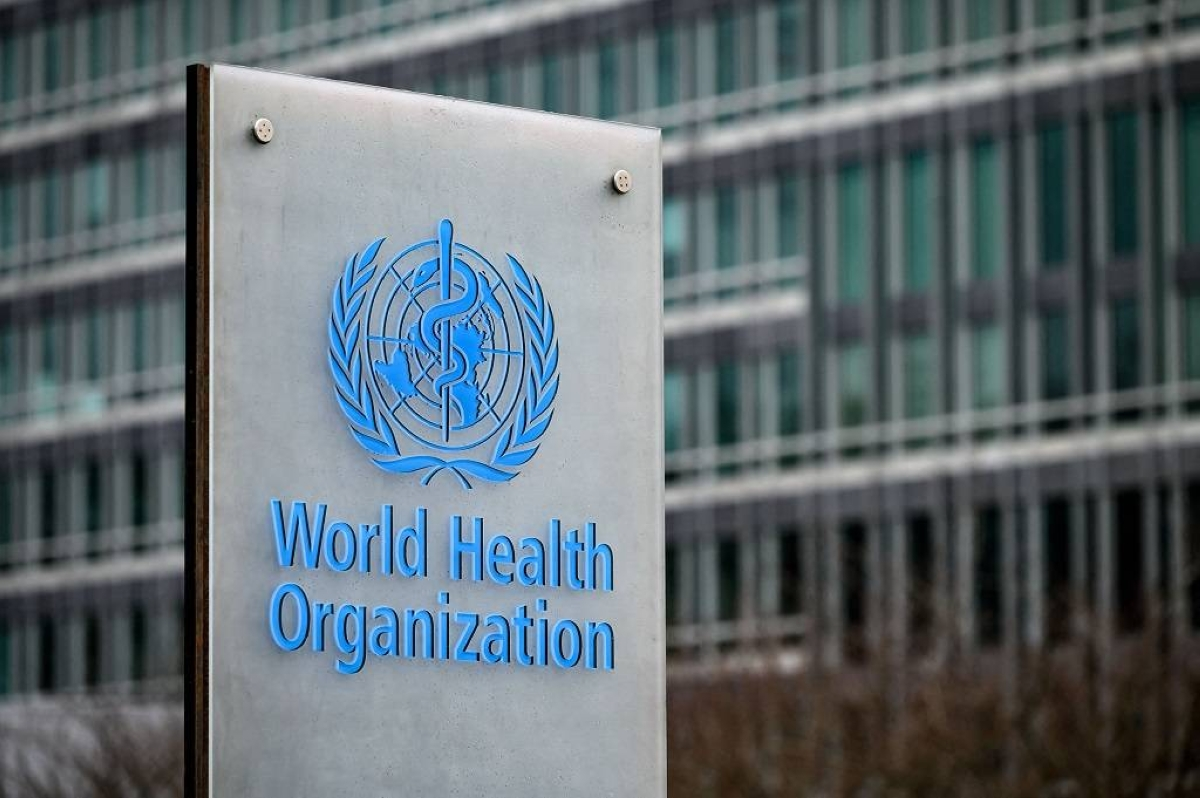Anjali Sharma
GG News Bureau
UNITED NATIONS, 20th May. World health agency in a new report released on Friday revealed that non-communicable diseases, or NCDs, are claiming around three quarters of all lives lost each year.
WHO chief Tedros Adhanom Ghebreyesus, said that the latest WHO covering data up to 2022 “sends a stark message on the threat of noncommunicable diseases, which take an immense and increasing toll on lives, livelihoods, health systems, communities, economies and societies”.
The report called for a substantial increase in investments in health and health systems “to get back on track towards SDGs)”, Tedros added.
WHO said that the increasing toll of NCDs meant that if the trend were to continue by 2050, chronic diseases such as cardiovascular diseases, cancer, diabetes and respiratory illnesses will account for 86 per cent of the 90 million deaths each year: a staggering 90 per cent increase in absolute numbers, since 2019 despite overall health progress
It underscores “a stagnation of health progress on key health indicators in recent years” compared with trends seen during 2000-2015.
WHO warned of the growing threat posed by climate change and calls for a more coordinated and robust response from countries worldwide to deal with the rising health challenges.
The report documents updated statistics on the toll of the pandemic on global health, contributing to the ongoing decline in progress towards the SDGs.
During 2020-2021, COVID-19 resulted in 336.8 million years of life lost globally. This equates to an average of 22 years of life lost for every excess death, abruptly and tragically cutting short the lives of millions.
WHO stated that since 2000, there have been significant improvements in maternal and child health with deaths falling by one-third and one-half.
It said that the incidence of infectious diseases such as HIV, tuberculosis and malaria also declined, along with a lowered risk of premature deaths from NCDs and injuries.
These advances have contributed to an increase in global life expectancy from 67 years in 2000, to 73 years in 2019, the report said.
The pandemic has put many health-related indicators further off-track and contributed to inequalities in access to high-quality healthcare, routine immunizations and financial protection.
It stressed that improving trends in malaria and TB have been reversed, and fewer people were treated for neglected tropical diseases.
WHO report said recent trends show signs of slowdown in the annual rate of reduction (ARR) for many indicators.
It noted that despite a reduction in exposure to many health risks, such as tobacco use, alcohol consumption, violence, unsafe water and sanitation, and child stunting progress was inadequate and exposure to some risks such as air pollution remains high.
WHO said, “while expanded access to essential health services has slowed compared to pre-2015 gains, coupled with no significant progress in reducing financial hardship due to healthcare costs.”
It added that the prevalence of obesity is rising with no immediate sign of reversal.
WHO Assistant Director-General for Data, Analytics and Delivery for Impact Dr. Samira Asma said “The COVID-19 pandemic is an important reminder that progress is neither linear nor guaranteed.”
“To stay on track towards the 2030 SDG agenda, we must act decisively and collectively to deliver a measurable impact in all countries.”
The report a section on climate change and health, and WHO anticipates that this will be of more relevance in the report going forward.

